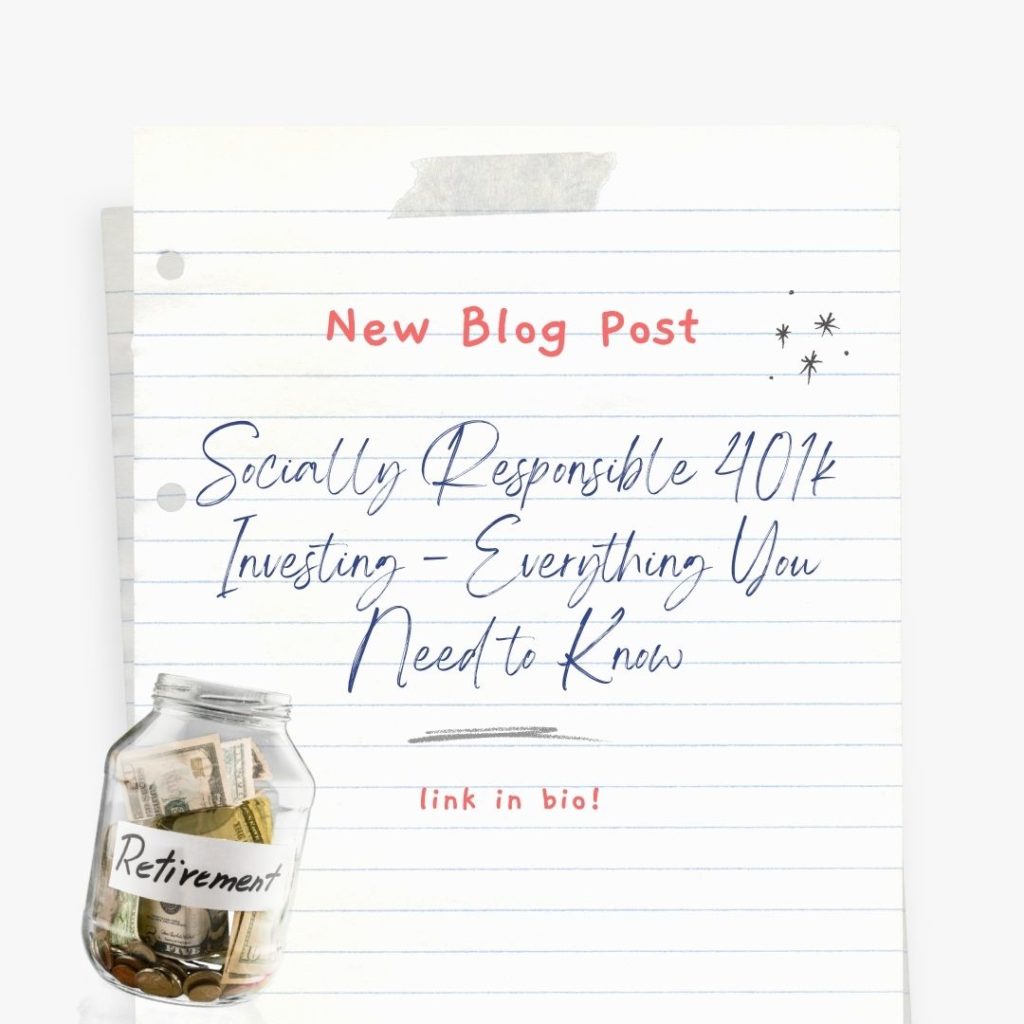Humans are not rational investors
While strategies like analyzing historical stock trends, technical analysis, and financial ratios help us make more informed decisions, the average investor still underperforms when compared to the market.
According to research conducted by MagnifyMoney, most investors second guess their earlier decisions around investing.
People tend to invest with their emotions, and often fall short because of this.
But the good news is that each one of us can learn to make more intelligent decisions and avoid the common investing pitfalls. The answer lies in Emotional Intelligence.
What is Emotional Intelligence?
Emotional intelligence (EI) represents the ability to understand and manage one’s own feelings and emotions. Emotionally intelligent people excel at managing relationships with others and making favorable decisions under pressure. Prominent psychologist Daniel Goleman further explains EI by breaking it into five core components:
- Self-Awareness– the ability to understand your own moods, and how that affects others around you
- Self-Regulation– the ability to control certain impulses and moods
- Internal-Motivation– the vision to pursue goals with energy and creativity
- Empathy– the ability to understand what others are feeling and thinking, as well as their emotions
- Social Skills– the ability to manage relationships and build rapport
While all five components play a part in intelligent investing, we pay special attention to both self-awareness and self-regulation. Investors who exhibit high self-awareness recognize when their emotions begin to overtake rational decision-making. Likewise, those with self-regulation can keep their emotions in check and avoid rash decisions they’d be likely to regret.
By properly understanding ourselves through our emotions, our behavior, and our natural response to fear, we can begin to invest more intelligently.
For example, if I know that my natural “fight or flight” instinct kicks in every time a stock performs poorly, I can begin to curb my response. Instead of hastily selling the stock, as I may have done in the past, my self-awareness teaches me that I often make impulsive gut decisions. So, I can take a step back, breath, and rationally remind myself that investing is a long-term process. Then I proceed with my options from there.
EI > IQ
With regard to investing, emotional intelligence remains even more important than IQ. While IQ enables you to analyze complex investment strategies, EI provides you with the qualities of patience, discipline, and perspective; three vital skills for responding to the volatility of the stock market.
What made Warren Buffett such a great investor was not just superior intellect, but emotional fortitude to stay true to his strategy during deep drawdowns.
By pairing a phenomenal strategy with the emotional resilience necessary to follow it, Warren Buffet has become one of the most successful investors ever. Period.
So, by pairing even a decent strategy with the emotional resilience to follow it, you will be further ahead of those of us still falling into those tricky behavioral biases.
An important tool for impactful investing
Not only does EI benefit our investments, but it remains important to everyday life by allowing us to better communicate and connect with our fellow human beings. And humans are very emotional creatures, whether we like to admit it or not.
Ultimately, emotional intelligence proves especially relevant to the realm of impact investing, which revolves around investing in socially responsible causes. And we often select these causes, such as #MeTooMovement, Renewable Energy, and Fair and Equal Working Conditions by using rational means tied to how we feel about each cause.
Self-Awareness leads us to understand that impact investing leverages a significant market opportunity. Self-Regulation keeps us on track when the regular market trends affect our holdings. Internal-Motivation helps us fight the good fight by prioritizing innovation over the old ways of doing things. Empathy creates a bond between us and the companies prioritizing impact along with profit. Social skills allow us to spread the word without being preachy.
In summary, it is extremely important to stay in tune with our emotions and to understand how they will affect our investment decisions. By learning how to cultivate your emotional intelligence skillset, you will follow in the footsteps of the great investors and enhance your skills as an investor.
Ready to start investing? Reach out to us @ info@investedinterests.com




